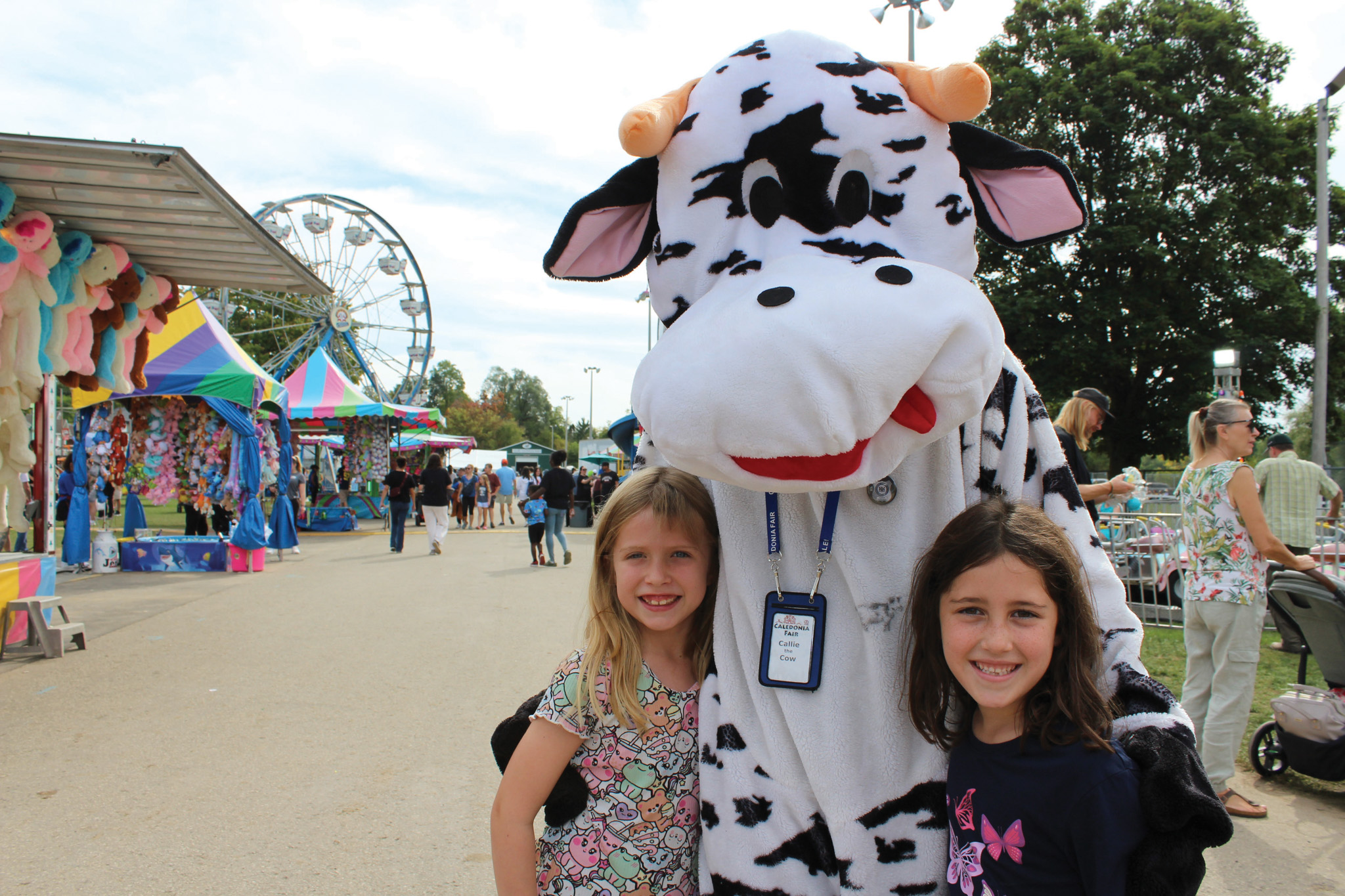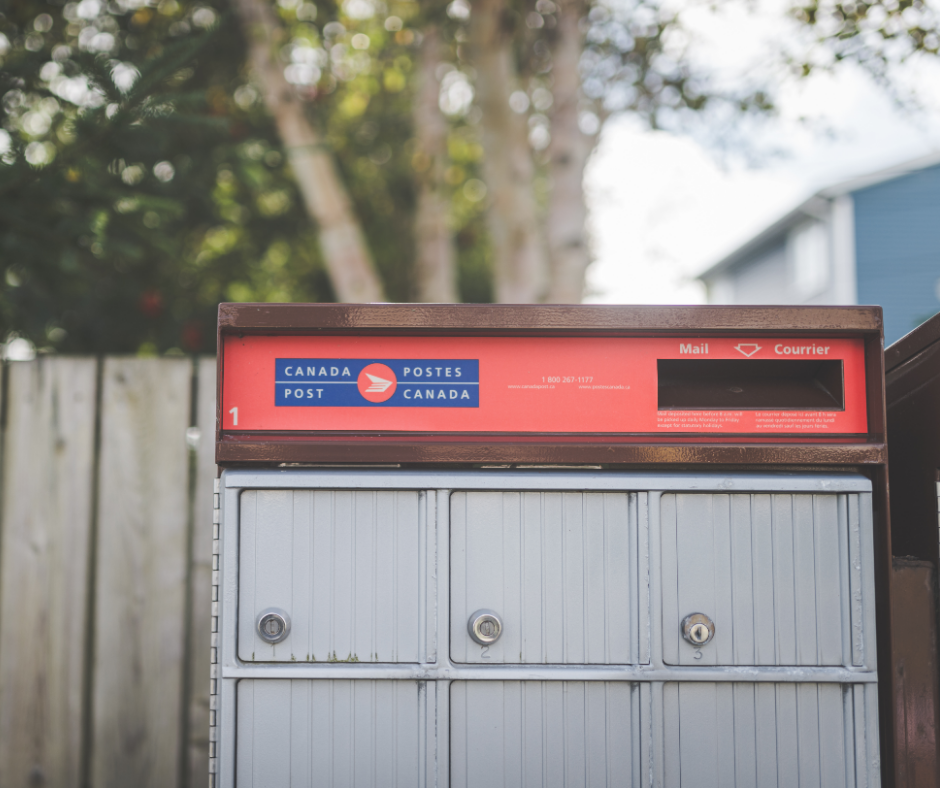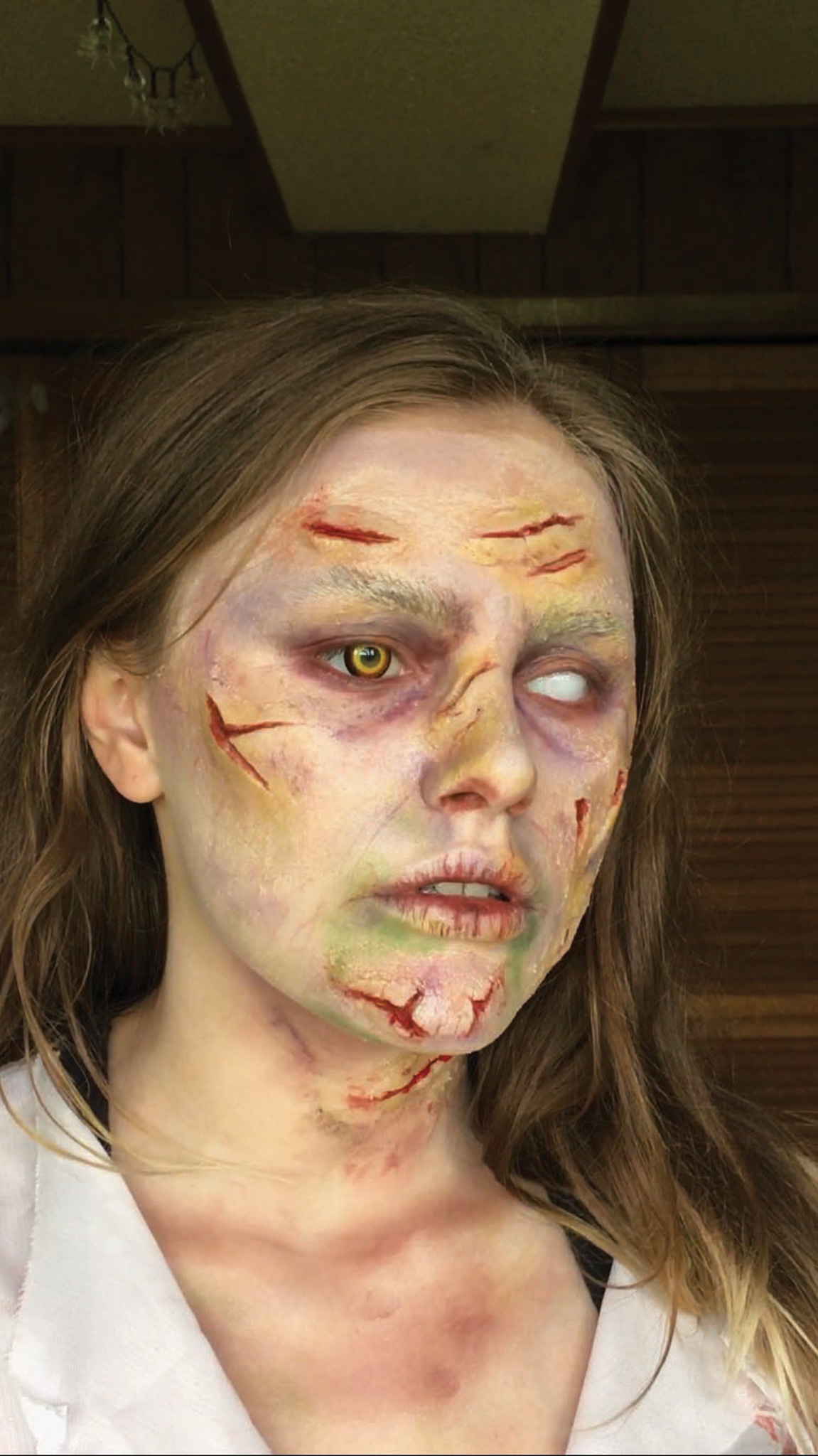
By Mike Renzella
The Haldimand Press
DUNNVILLE—As news broke on Russia’s invasion of Ukraine in February, the sense of shock and horror was too much to bear for Dunnville resident Jordan Heron. He knew in his gut that he needed to do something to help.

Jordan Heron
Heron first moved to Dunnville with his wife Stephanie 15 years ago, looking for a piece of land to keep their horses on. They have flourished in the community since, with Stephanie running a mobile equine veterinary practice and Heron working remotely for a Toronto-based company.
“I am very lucky – war has never personally affected me. My family does not have a military history. I’m not young, but I’m too young for the World Wars,” said Heron. “Most wars since I’ve been old enough to understand are just governments fighting over oil fields – unfortunate wars with terrible death tolls, but just news stories to me.”

LVIV— Heron captured this image of a men’s group singing a Pro-Ukrainian song on the street, to the applause of the assembled crowd. After the song was finished, they yelled “Glory! Glory to Ukraine!”, with one member adding a sarcastic “Cheers, Putin!” that got a big laugh from the crowd.
He continued, “But this war is different for me. I have personal friends in Ukraine, and suddenly I have friends who are fleeing their homes in Kyiv and Karkhiv…. I felt helpless in the face of my friends’ peril. I donated some money, but I couldn’t focus on my personal life, my business life. The fear for my friends, the anger I felt towards Putin for causing this, it was consuming. I was not ‘inspired’ to come to Ukraine; I HAD to come to Ukraine.”
Heron got in touch with his friends in Ukraine and inquired about getting involved if he were to travel there. When they responded positively, he booked a plane ticket to Poland, with tremendous gratitude to his wife, Dr. Stephanie Campbell, for carrying on with their responsibilities at home in his stead.

LVIV— The home of some of Heron’s friends, who live in Karkhiv, is missing its second floor following a strike from Russian forces.
Campbell said, “I felt he should have a purpose to going, beyond duplicating what the locals were doing, which looked amazing from the newsfeed. We had a friend that spoke English and he agreed to help Jordan orient himself, and to put him to work if he could. I thought that was good enough and Jordan booked a flight. It happened pretty fast.”
“I expected to be put to work in Lviv, doing manual labour, possibly driving people and supplies across the border between Poland and Ukraine,” said Heron. “What I found was that, due to the large number of displaced people, they have lots of hands to help. What these people wanted from me was to get their stories out. Their greatest fear is that they will be forgotten, that the news cycle will move on while they continue to die, defending their right to be a nation…. And so I find myself a reluctant war correspondent.”

LVIV— This street ad depicts a badger, representing the Ukrainian army, violently attacking a bear, representing Russia. It is symbolic of the fierce national pride Putin’s invasion has sparked amongst the people of Ukraine.
Heron has a history of being involved in the arts in the local community, having done community theatre work previously in Hamilton and Dunnville. He first got into filmmaking through producing short narrative fiction films and submitting them to festivals. Heron’s first documentary piece was a short about The Haldimand Press, produced as part of Ontario’s 150-year celebrations. Since arriving in Lviv a little over a week ago, Heron has been shooting video and taking photos documenting life in the city which lies on the western side of Ukraine.
“Around Lviv, you see military patrols, you see sandbags on lower floor windows, you see church stained-glass windows boarded up for protection. None of these things have been needed here yet, but Lviv is prepared. And now that it is prepared, it helps,” said Heron of what he is seeing in his travels around the city. “I feel something of a fraud, given that I have – so far – spent all my time in Lviv in relative safety. There are air raid warnings multiple times throughout the days and nights, but no missiles, no shells, have fallen here since my arrival.”

LVIV— Heron attended this candlelit vigil in a town square in Lviv. He described it as “beautiful.”
As for her concern over his well-being while staying in the war-torn country, Campbell added, “I try not to think about it. He is in a huge metropolitan city that is full of people not being killed, as opposed to the areas where they are not so lucky. He has always achieved fabulous things – he is one of those guys who always has a project, and doesn’t seem to like actually reaping the benefits of the project as much as he enjoys the planning.”
She said that although she can’t be in Ukraine at the same time as her husband due to their commitments at home, she has considered whether her veterinary skills might be of any use there in the months to come.

LVIV— Heron captured this image of sandbagged windows, showing one of the ways Lviv is preparing for a potential attack from Russian forces.
Heron has been overwhelmed by what he has encountered so far: “The Ukrainian people I have met have astounded me in their purpose and resolve. I have met no one who thinks they will not win this war. I have met no one who is not affected in some way, who is not helping in some way.”
He added, “Some are literally helping just by going to work. Keeping the economy going and a surreal sense of normality. Some help by helping the refugees that arrive here and either pass through to somewhere else or stay in Lviv. They provide free food, clothing, and sometimes accommodation. One of my new friends told me that she and two friends of hers each had apartments in the same building. They moved in together, so that two of the three apartments could be temporarily given to refugees. Another woman opened a storefront with clothing donations she had received. Refugees come to her to shop for clothes, and there are no price tags. They just take what they need. I have friends who regularly drive the long and dangerous road from Lviv to Kyiv and to Karkhiv to deliver supplies to both civilians and military personnel. I have seen so many volunteers, working long hours for free – to receive, sort, and redistribute hundreds of tons of humanitarian aid.”
In fact, while many of the men in Ukraine are engaged with the fight against Russian forces in other parts of the country, Heron spoke with extreme regard for the Ukrainian women he has seen along the way: “Many women, especially those with small children, have fled. But most of my contacts here in Lviv are women. They have stayed behind to work, to volunteer, to aid in the war effort with the same heart – or more – than the men I have met.”
Heron hopes his attempts to document life in Ukraine will help lend to the overwhelming support being shown to the nation by countries around the world who condemn the actions of Russia and its leader.
“A sovereign nation has been invaded by another sovereign nation,” said Heron. “This war is being fought in Ukraine, but it is not against Ukraine. It is against freedom, against self determination, against democracy. It is being fought against all people who want to be left alone to live in peace.”
Heron summed up his experience so far by relaying the words of a Ukrainian military member he met while at a massive aid distribution centre in the city: “‘We are the shield for the whole world,’ (he said). He meant it. And he is right.”
To follow along with Jordan’s journey and to view photos and videos from the streets of Lviv, visit his Facebook page at
facebook.com/UkraineThisisawarzone.





